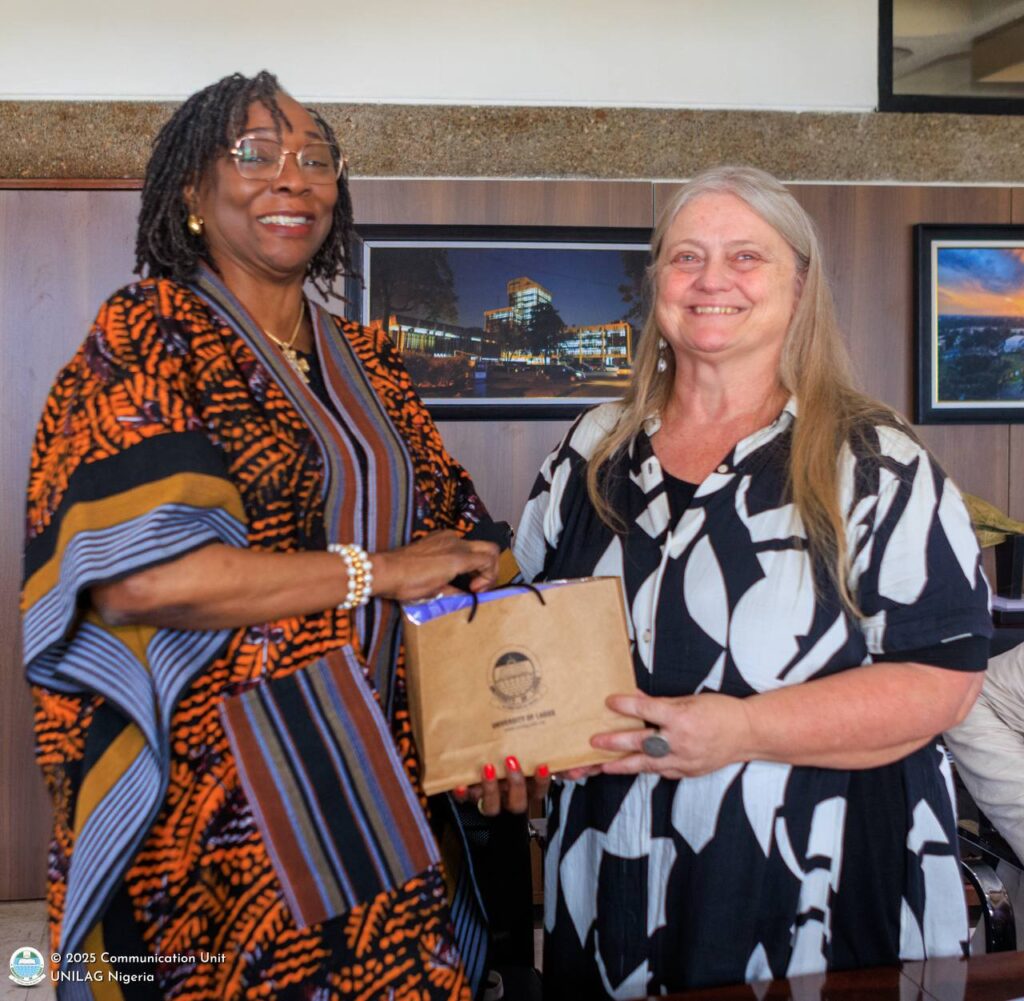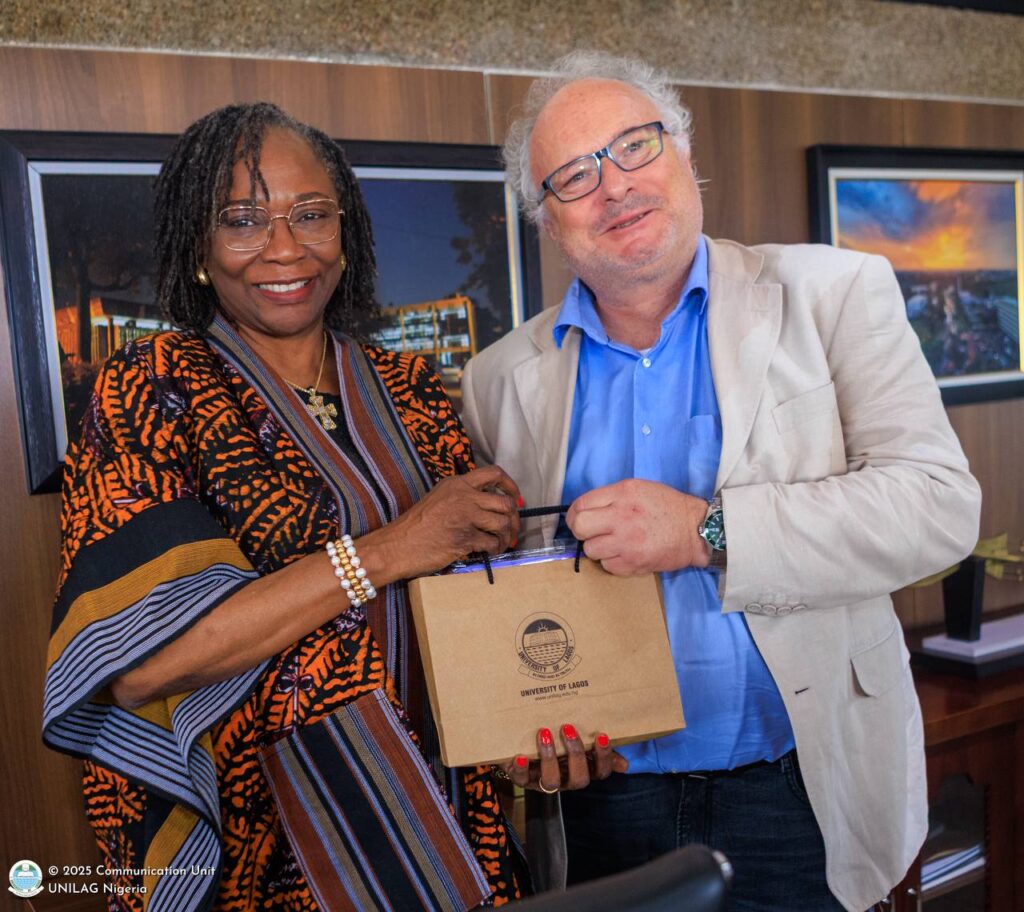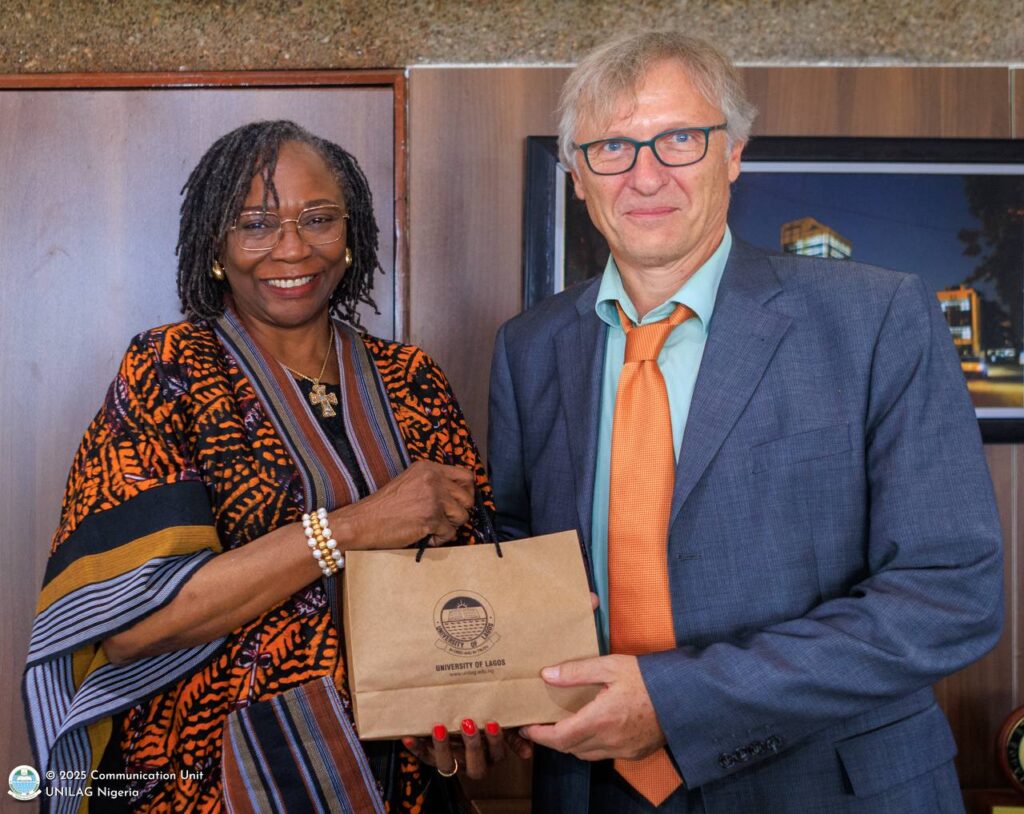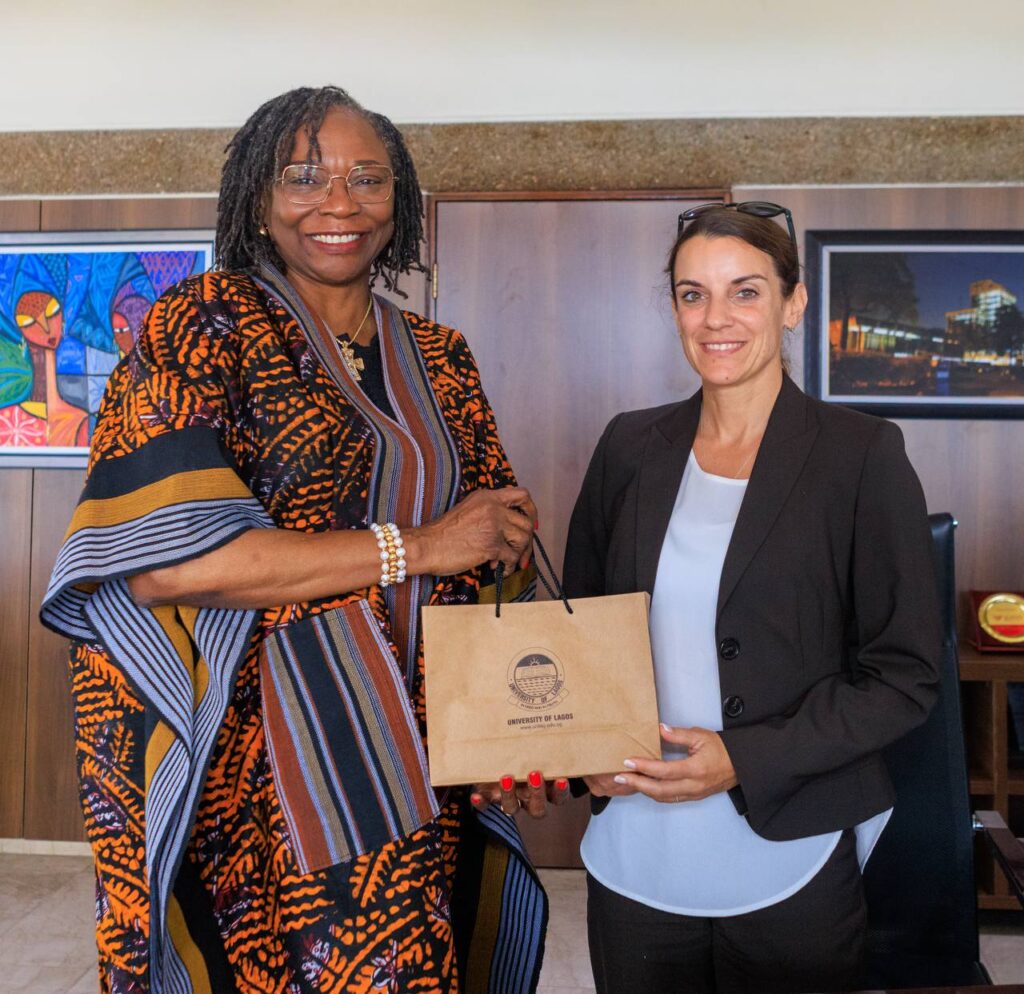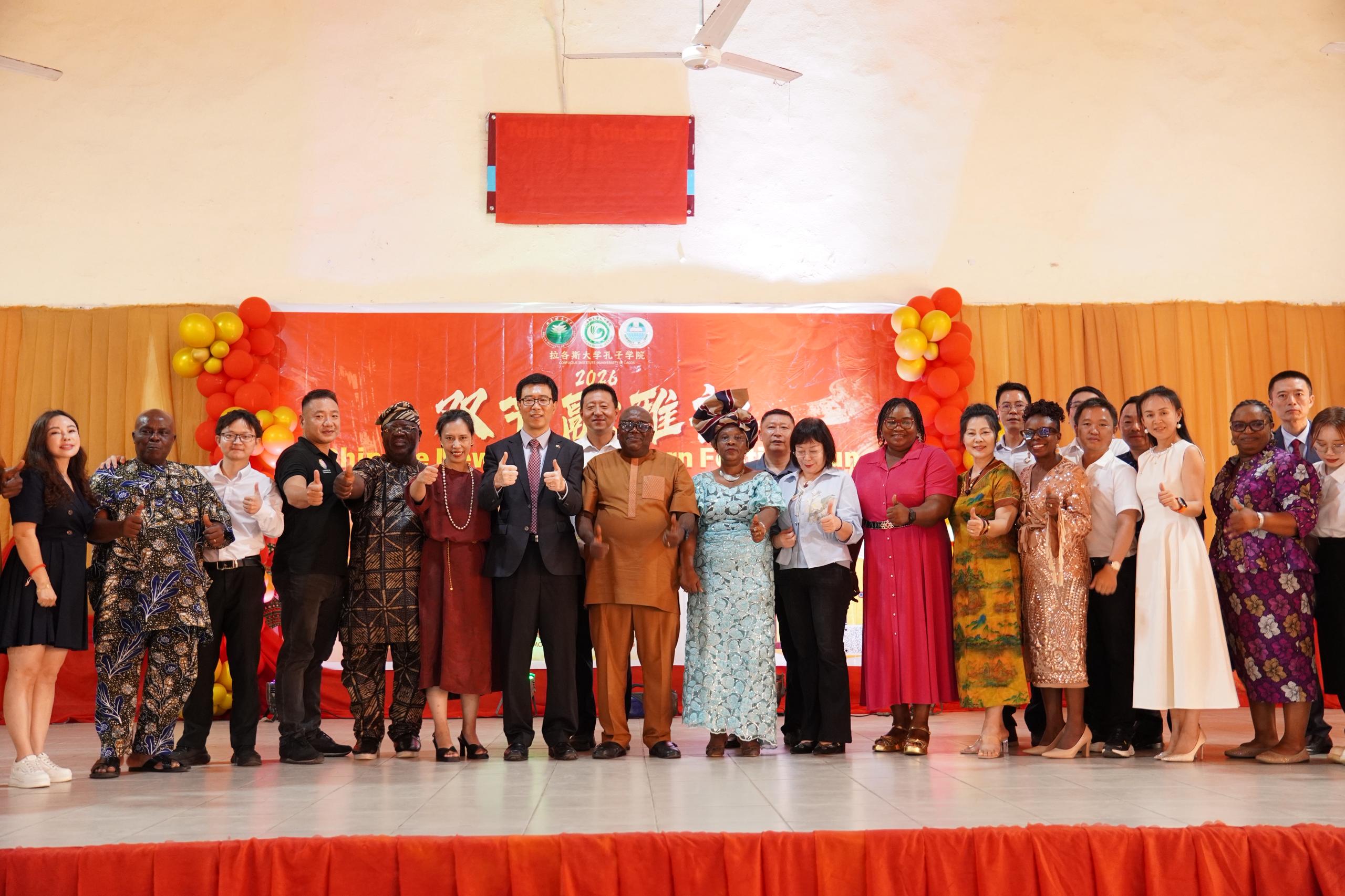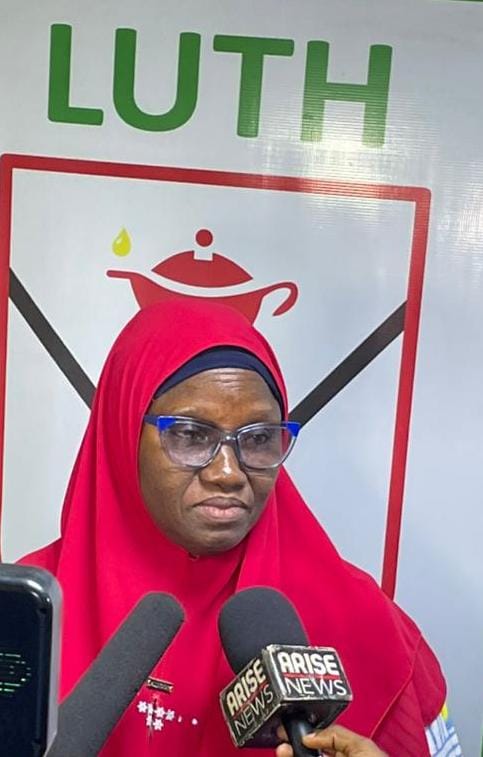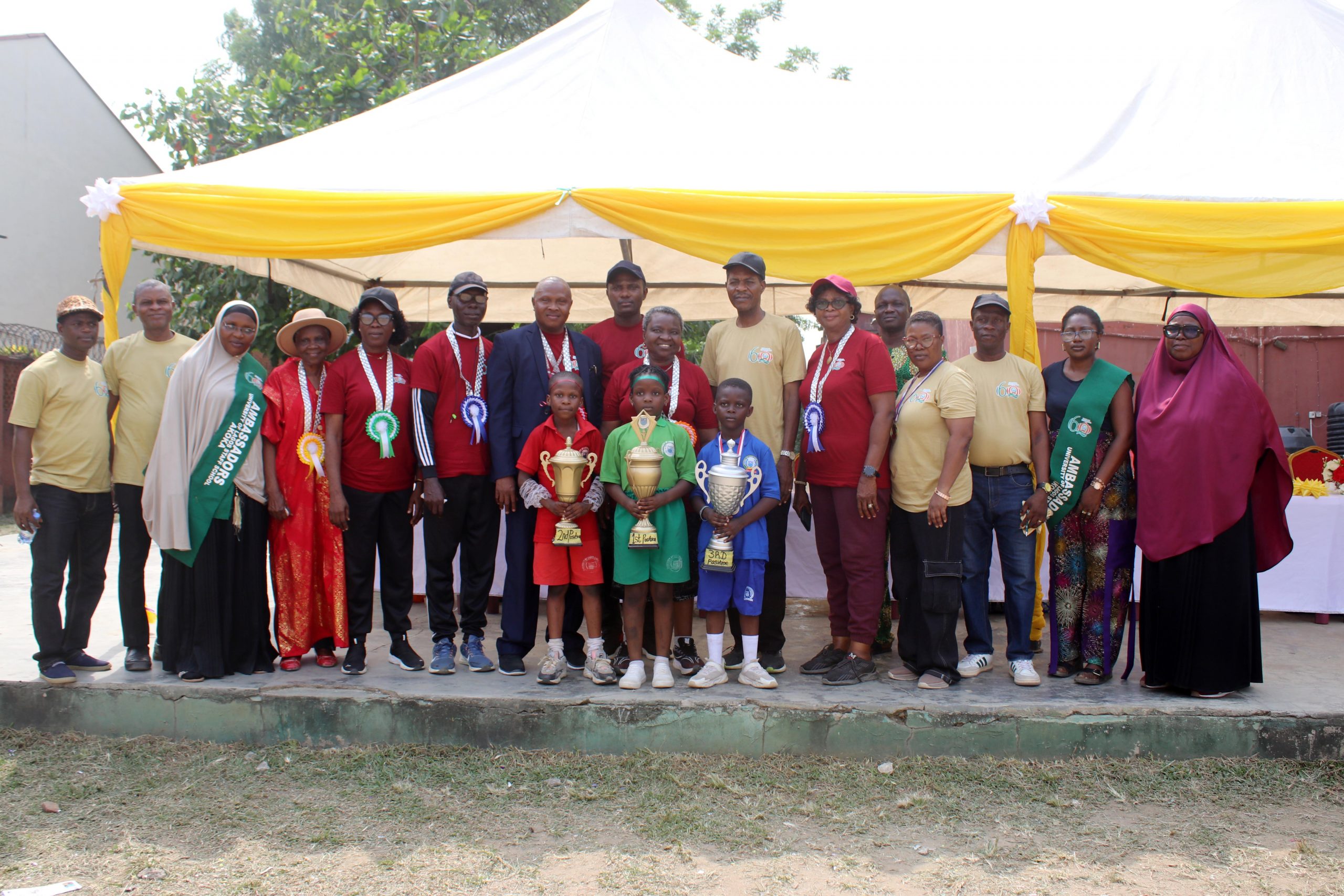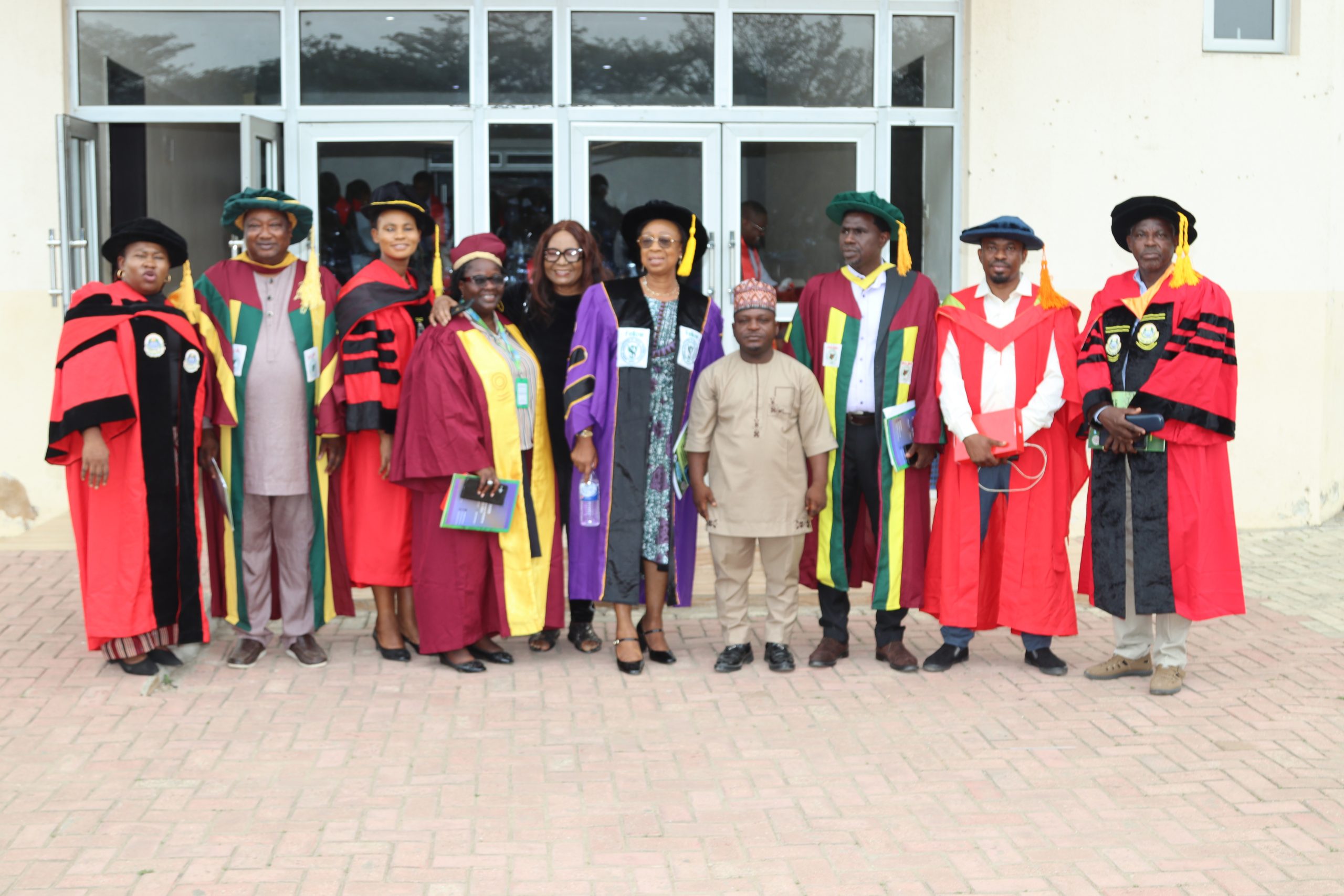The University of Lagos (UNILAG) on Thursday, October 16, 2025, welcomed a high-level delegation from the University of Bayreuth, Germany.
The visit came on the heels of a landmark development as the Africa Multiple Research Centre (formerly known as Lagos African Cluster Centre: LACC), Institute of African… (IADS), UNILAG transitioned into another phase, backed by a recent seven-year grant extension from the German Research Foundation (DFG).
The delegation was led to the Vice Chancellor’s Office by Professor Muyiwa Falaiye, UNILAG’s Deputy Vice-Chancellor (Management Services) and the immediate past Director of IADS, along with senior officials of the Institute led by its current Director, Research-Professor Ayo Yusuf.
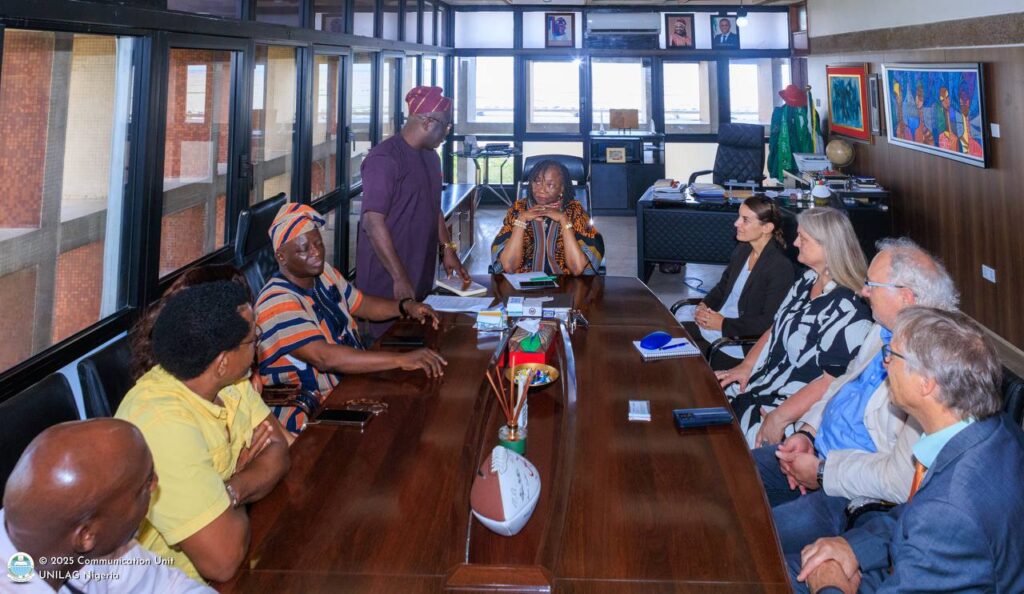
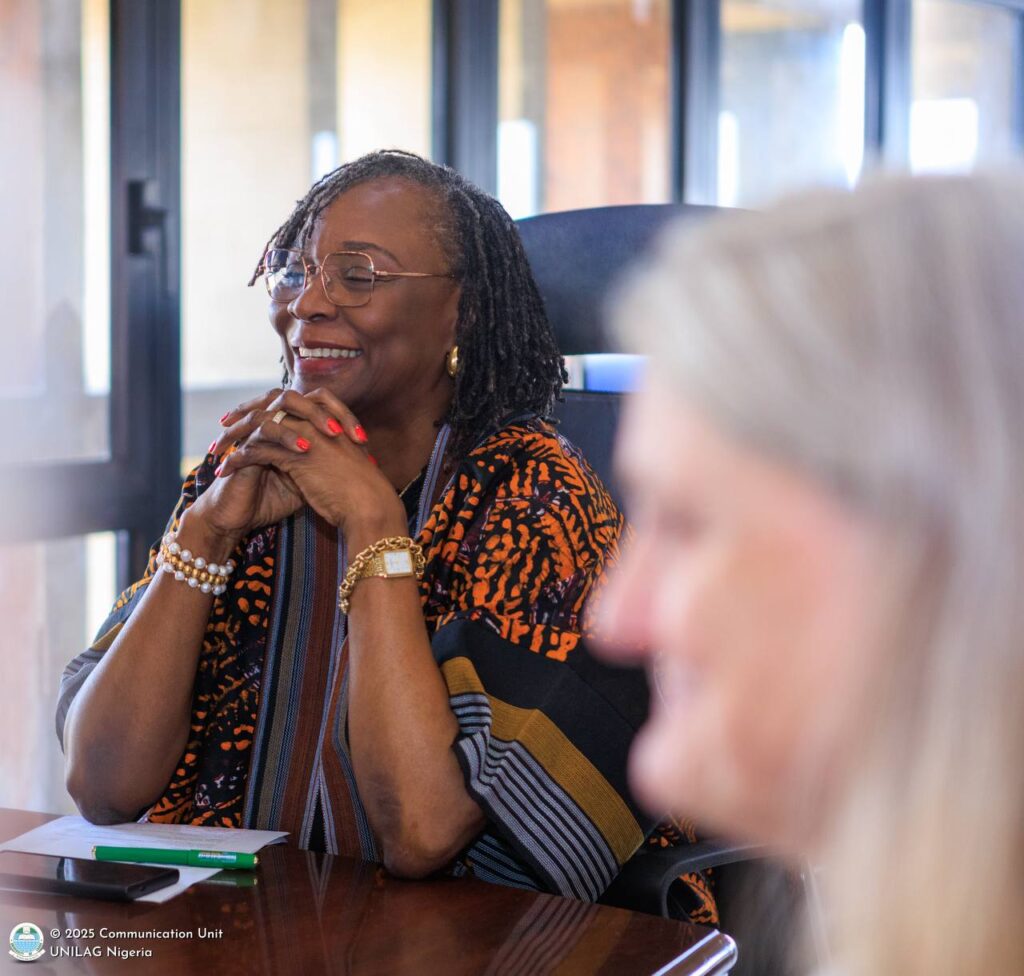
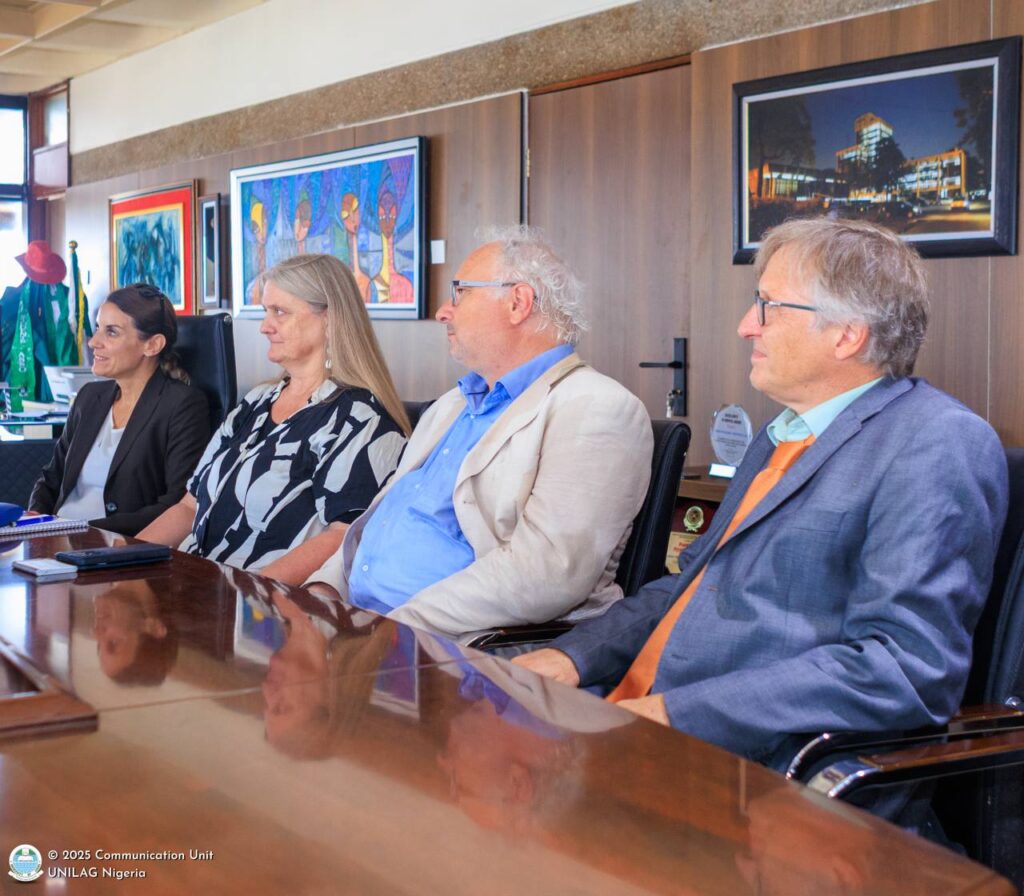
The University of Bayreuth team comprised the Vice President for Internationalisation, Gender Equality & Diversity, Professor Nina Nestler; Spokesperson of the Cluster and Vice Dean for Internationalisation and Public Engagement, Professor Ute Fendler; Dr. Franz Kogelmann who oversees the institution Administration; and Head of the Central Research Support Service, Mr. Robert Debusmann.
They were formally received by the Vice-Chancellor, Professor Folasade T. Ogunsola, OON, FAS, at the iconic Senate House, UNILAG, Akoka.
A Moment of Transition and Reiteration of Commitment To New Phase
The visit was tinged with reflection as Professor Falaiye announced his intention to step back from his leadership role at the Africa Multiple Research Centre (AMRC). His announcement marked the end of a chapter that has seen the cluster grow into a formidable force in African research, shifting from AMRC 1.0 to AMRC 2.0
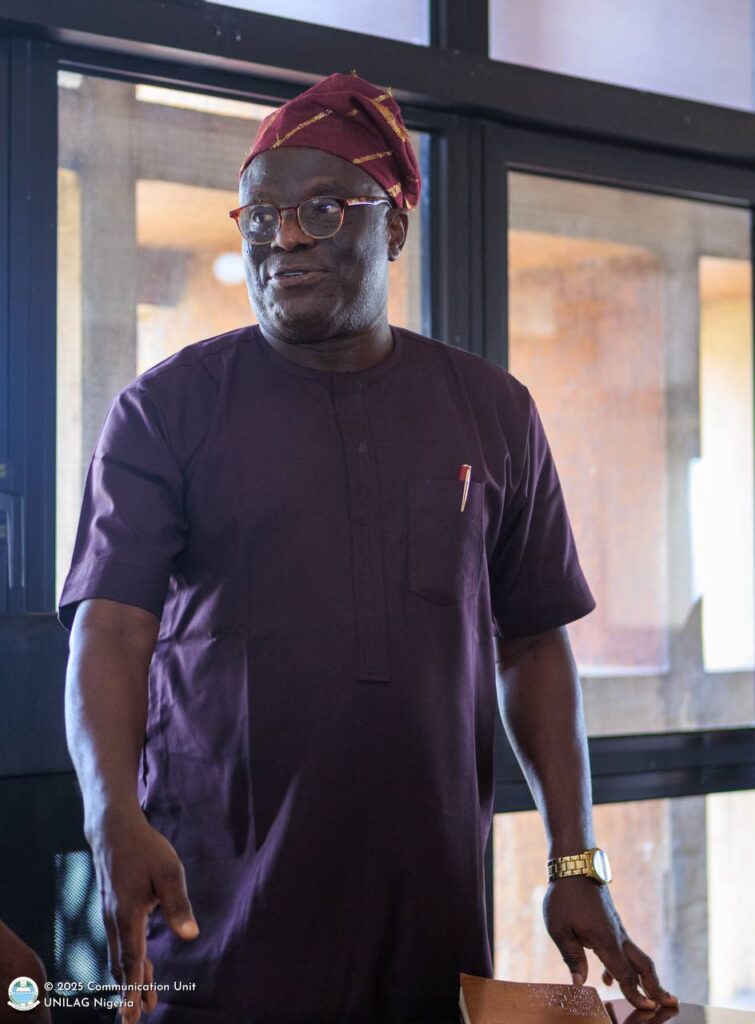
Falaiye lauded the strategic value of the UNILAG-Bayreuth partnership, noting its success in capacity building and academic exchange. He highlighted key milestones, including the Cohort Initiative, and acknowledged the dedication of both institutions in preparing for the next phase.
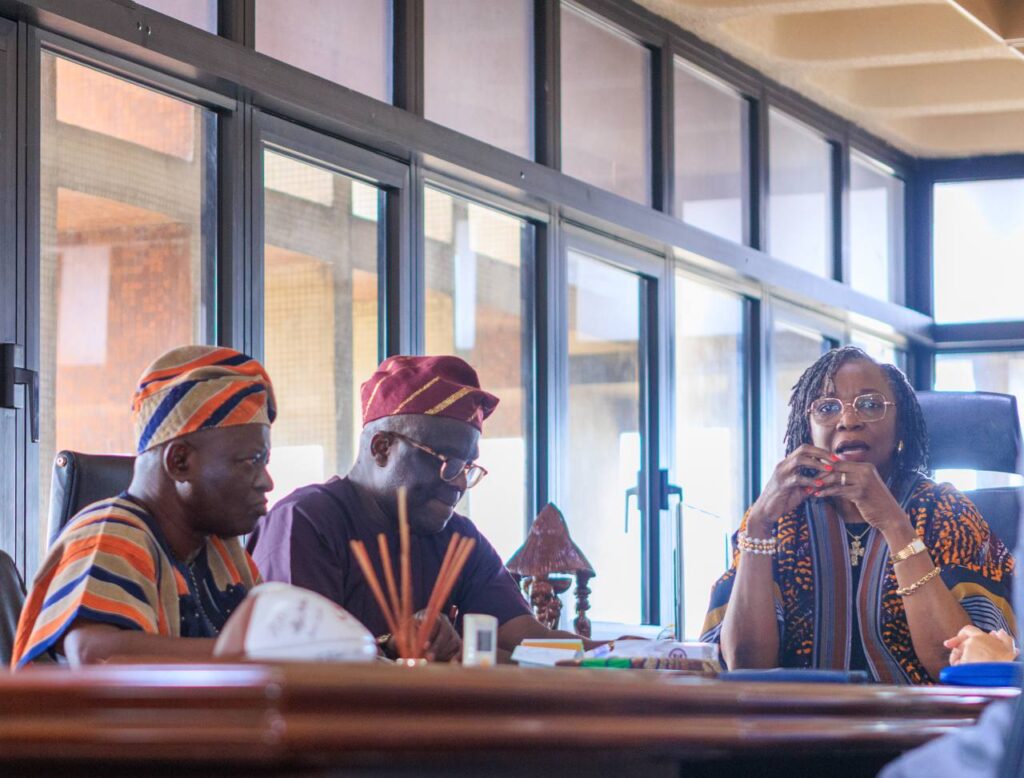
In her remarks, Vice-Chancellor, Professor Ogunsola commended the robust academic alliance that has defined the UNILAG-Bayreuth relationship since 2019. According to her, the collaboration has fostered world-class research and expanded the university’s institutional capacity through joint projects, knowledge sharing, and mobility opportunities.
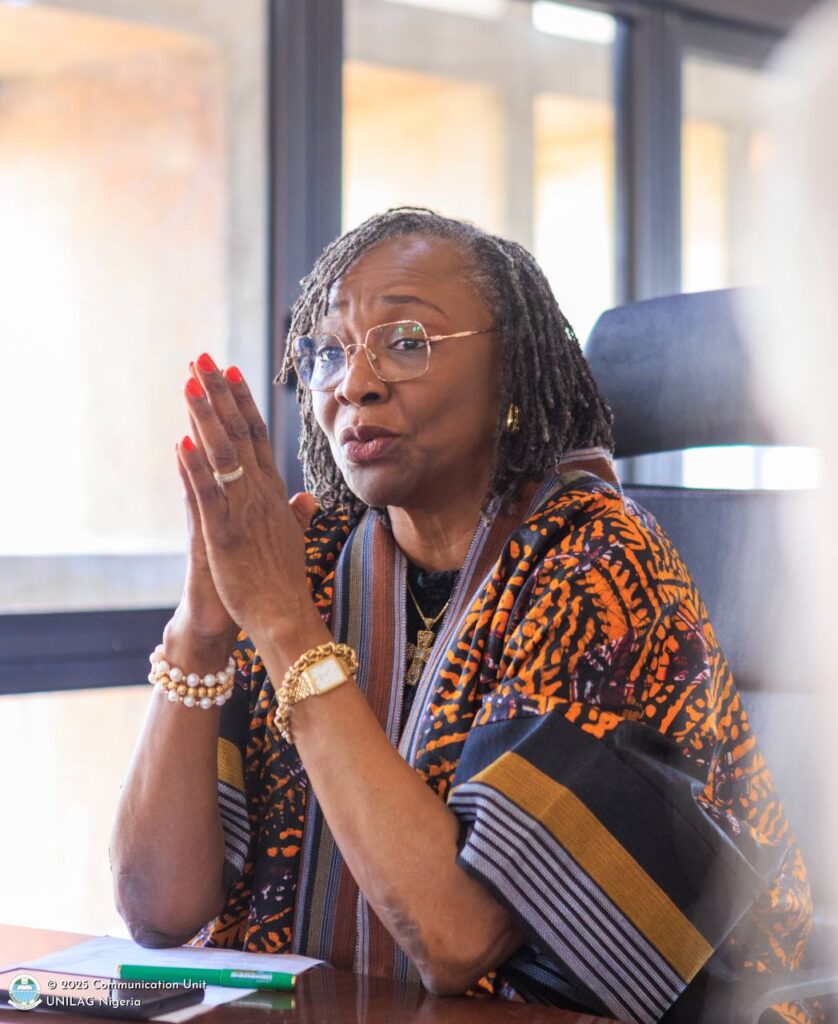
She, however, emphasized the need to sustain the collective momentum and cover further significant ground.
Leader of the Bayreuth delegation, Professor Nina Nestler (Vice President for Internationalisation, Gender Equality & Diversity) commended UNILAG’s leadership and institutional strength, and re-affirmed Bayreuth’s long-term commitment to the partnership.
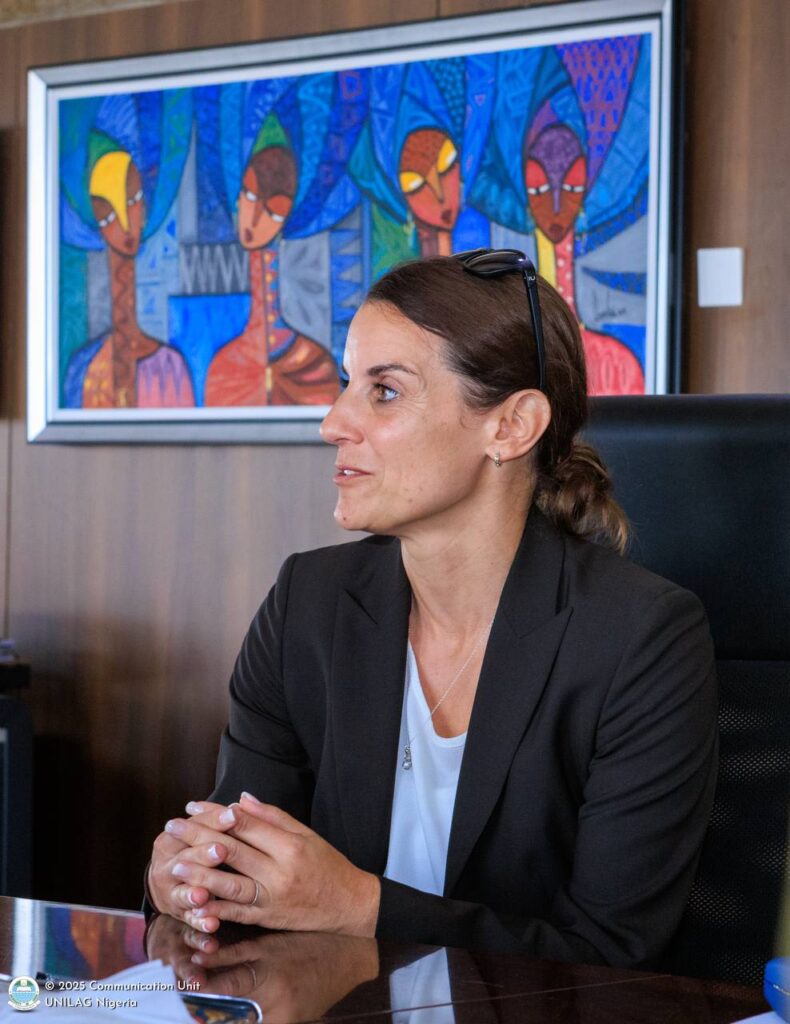
She also expressed enthusiasm for the future of the partnership, and its growing impact on the global stage. Her words “This partnership has deepened our international reach and brought new dimensions to African Studies. We are also reviewing the key focus areas from resource sharing and academic exchange to joint research ventures to ensure we are strategically positioned for the future”.
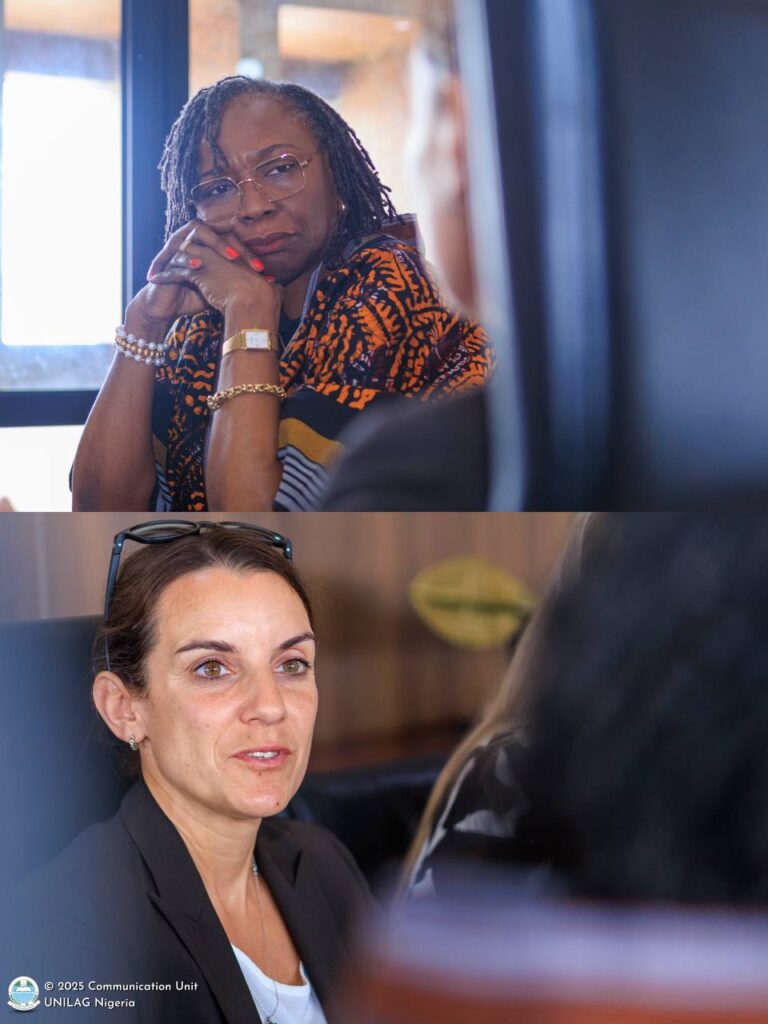
University of Lagos, Nigeria and University of Bayreuth, Germany: Partnership for Innovative Scholarship
The collaboration between University of Lagos (UNILAG), Nigeria and University of Bayreuth is part of the broader Reconfiguring African Studies project, initiated in 2019.
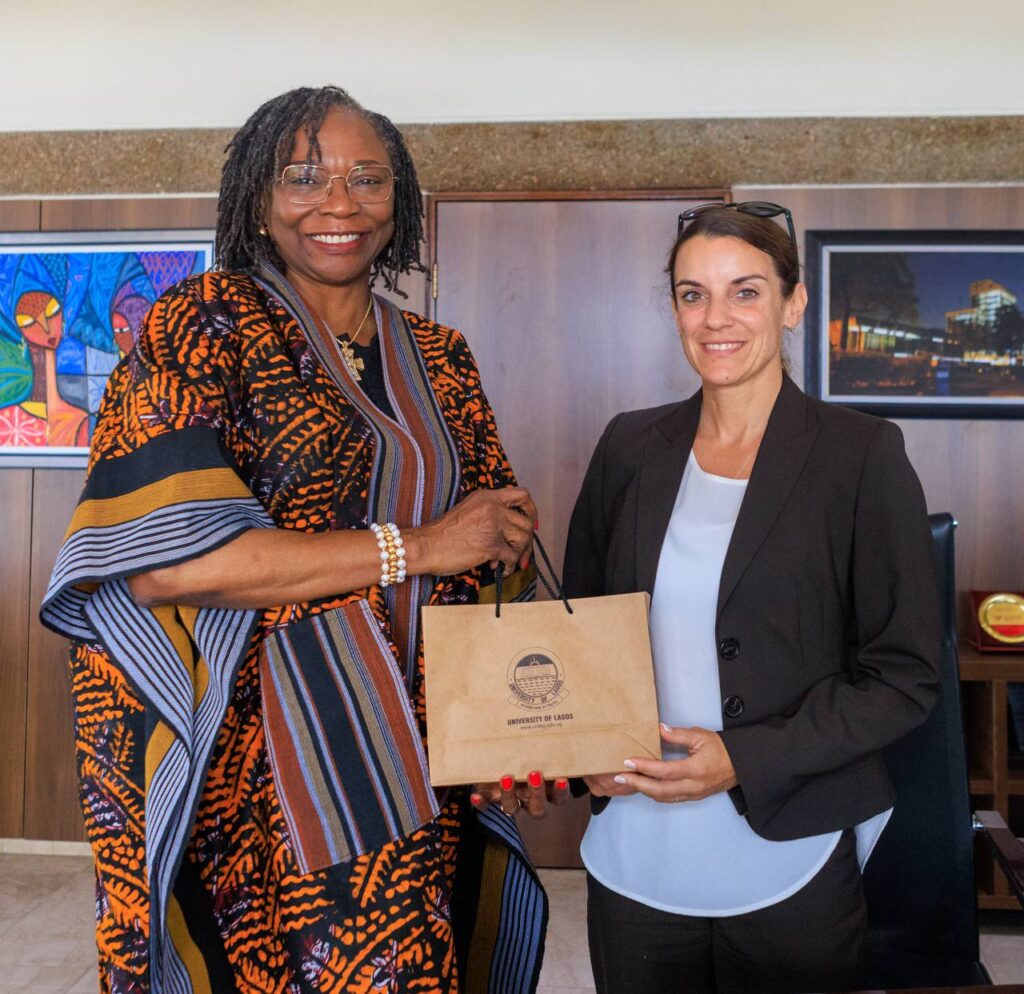
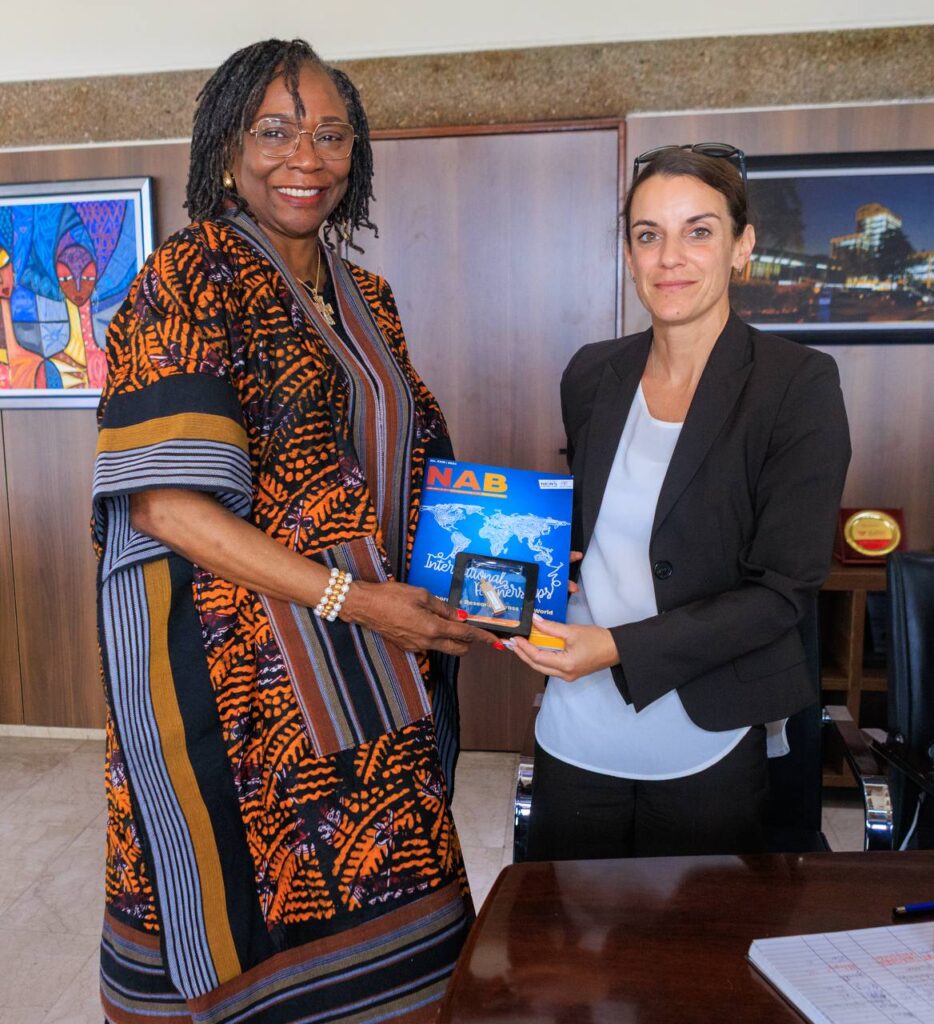
The project empowers four African institutions – UNILAG (Nigeria), Rhodes University (South Africa), Moi University (Kenya), and Joseph Ki-Zerbo University (Burkina Faso) to serve as key nodes in re-defining African scholarship through innovative, and de-colonised perspectives.
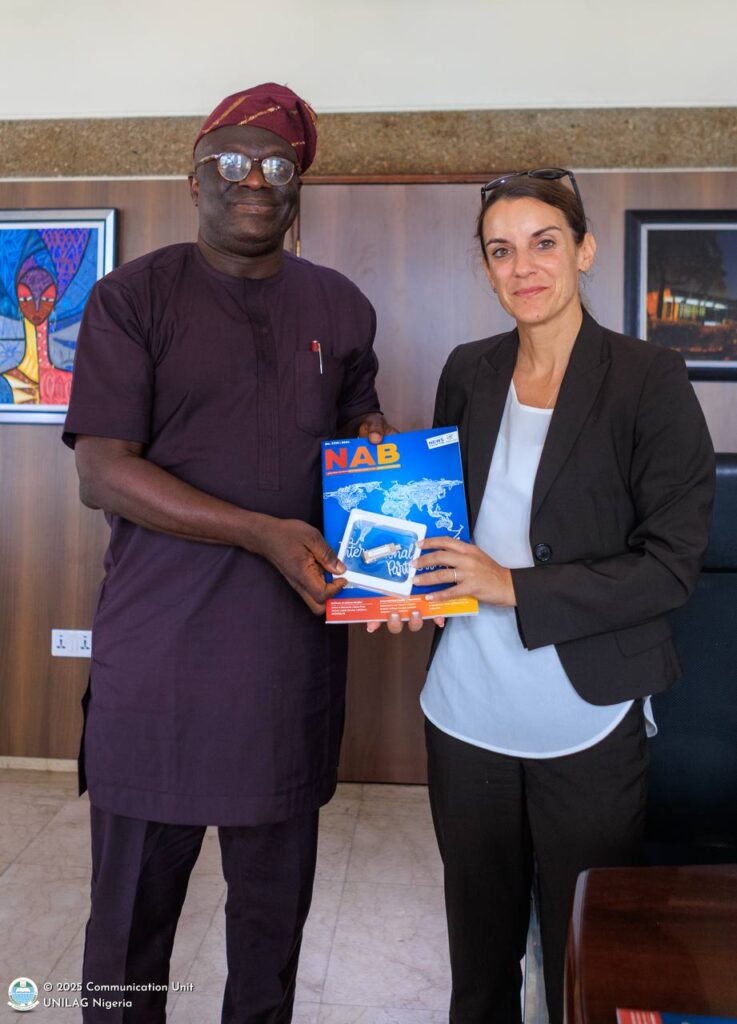
The first seven-year phase of the project, set to conclude in December 2025, laid the groundwork for a robust research ecosystem. With the renewed DFG grant secured for an additional seven years, AMRC 2.0 is poised to elevate the impact of African-led scholarship globally.
With institutional resolve and international support, UNILAG and its partners are charting a course towards a future where African research not only informs but redefines global scholarly discourse.
Report; Bayo Salau
Photographs: Ayo Oloyede
